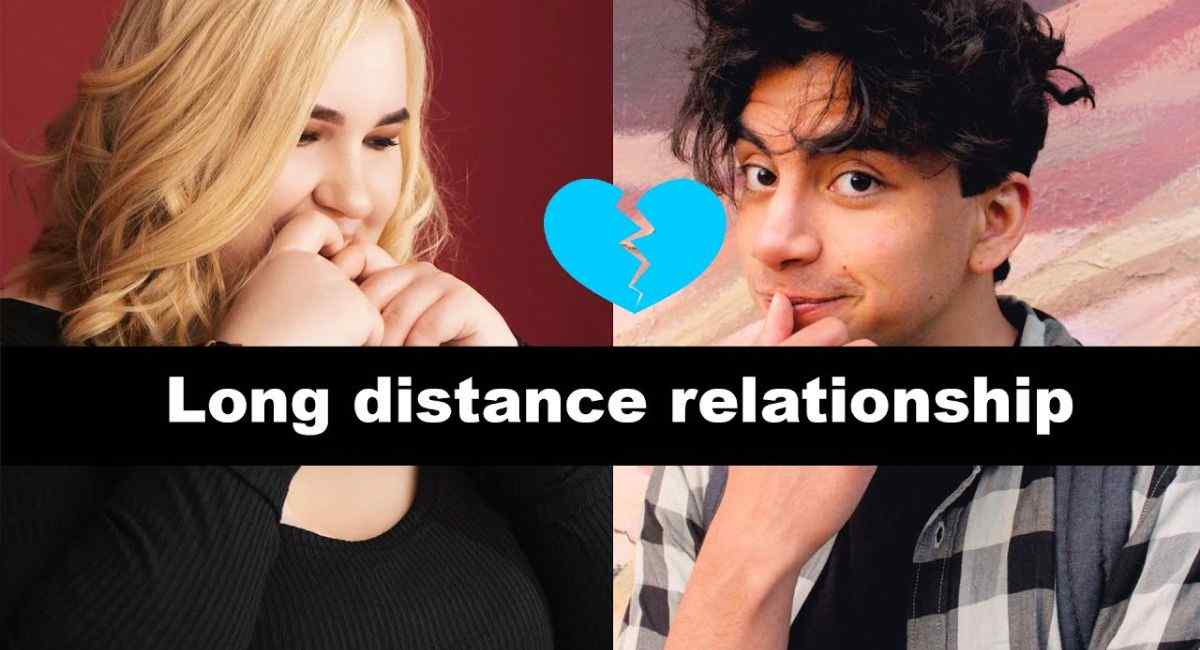Maintaining love across miles isn’t easy. The late-night calls, the missed hugs, and the constant worry about drifting apart can feel overwhelming. Many couples in long-distance relationships wonder if their bond is strong enough to survive the distance, and that’s when doubts start to creep in. It’s not just about missing each other—it’s about feeling understood, connected, and secure despite the miles.
That’s where couples therapy for long distance relationships can help. In this blog, you’ll discover how therapy gives couples the tools to communicate better, build trust, and handle the emotional challenges of living apart. Whether you’re struggling with miscommunication, jealousy, or simply missing the spark, this guide will show you how therapy can bring you closer—even when you’re far away.
Why Long Distance Relationships Need Therapy
When distance becomes part of a relationship, ordinary arguments can feel heavier and unresolved issues linger longer. Couples often struggle with emotional intimacy challenges, time zone conflicts, and the lack of physical presence. Therapy provides a safe space where partners can express feelings, reduce misunderstandings, and find ways to stay emotionally close even when physically apart.
Through therapy for relationship communication, couples learn conflict resolution strategies that make long conversations meaningful rather than draining. A licensed relationship counselor helps partners identify patterns that harm the relationship, and then introduces trust building exercises for couples. For many, therapy becomes the bridge that keeps them connected during the hardest moments.
Common Challenges Faced by Long Distance Couples
Every couple in a long distance relationship faces unique struggles, but some difficulties appear again and again. Trust can weaken when partners can’t see each other daily, and jealousy sometimes grows from uncertainty. Another common challenge is strengthening intimacy in long distance relationships, since physical affection and closeness are often missing for months.
Financial stress, cultural differences, and daily miscommunications also create hurdles. Without relationship coping strategies, small issues quickly escalate into major problems. A couple may feel alone with their struggles, yet mental health and relationships are deeply connected, making therapy essential to maintaining balance.

How Couples Therapy Helps Strengthen Trust and Communication
Trust is the foundation of love, but distance can shake it. In relationship counseling for young couples and long-term partners alike, therapists focus on teaching ways to build trust step by step. With couples communication therapy, both partners learn how to listen actively, express feelings without blame, and create routines that reinforce honesty.
Communication also improves through guided practice. For example, a relationship advice from therapists approach might suggest daily check-ins or shared activities over video. These exercises do more than pass the time; they foster therapy for emotional connection in long distance relationships and remind partners that distance doesn’t reduce their importance to each other.
Online vs. In-Person Therapy: Which Works Best for Long Distance Love?
Technology has opened doors for couples far apart. Online couples counseling allows partners to attend sessions together from different locations, making support more accessible than ever. Many discover that virtual therapy effectiveness is comparable to in-person visits when guided by a skilled counselor.
However, the choice depends on lifestyle, comfort, and resources. In-person therapy may suit couples who can travel occasionally, while video call relationship therapy fits best for partners separated by continents. Both formats work as long as the couple is committed and guided by a licensed relationship counselor with experience in long distance dynamics.
Best Counseling Approaches for Long Distance Relationships (CBT, EFT & More)
Therapists use proven methods that go beyond advice and directly change behavior. Cognitive behavioral therapy for couples (CBT) helps identify negative thought patterns that trigger conflict and replaces them with constructive thinking. It’s a practical method for couples who want tools they can apply daily.
On the other hand, emotionally focused therapy (EFT) for couples targets deeper emotional bonds. It helps partners understand their attachment styles in relationships and repair emotional wounds. Some therapists also combine CBT with EFT for a balanced approach, giving couples both relationship maintenance strategies and healing for old hurts.
Signs That You and Your Partner Might Benefit from Therapy
Not every disagreement requires therapy, but some signals should not be ignored. If conversations often turn into fights, if trust keeps breaking, or if there’s a lack of emotional closeness, therapy becomes a wise step. Many couples enter sessions when therapy for commitment issues in couples or repeated arguments threaten the relationship’s future.
Another sign is feeling stuck, where the same argument happens again and again without progress. When one or both partners feel drained instead of supported, relationship therapy for trust issues and structured guidance can help rebuild harmony. Therapy offers hope before problems become permanent scars.

How to Find the Right Therapist for Long Distance Couples
Finding the best therapists for long distance couples requires more than just a quick search. It’s important to look for professionals experienced in teletherapy for couples and who specialize in relationship counseling techniques. Credentials matter, but so does the ability to understand cultural, personal, and emotional contexts unique to each couple.
A strong match means the therapist makes both partners feel safe and respected. Whether you choose long distance marriage counseling or modern online options, a licensed relationship counselor should provide practical advice, flexible scheduling, and clear progress tracking. This makes therapy not just a conversation but a real investment in your relationship’s growth.
Tips to Make the Most Out of Virtual Therapy Sessions
The success of virtual couples therapy sessions often depends on preparation. Creating a quiet environment, turning off distractions, and setting clear intentions before each meeting can make sessions more effective. Couples who keep a journal of emotions or conflicts often benefit more because they arrive ready to talk honestly.
Consistency also plays a major role. Attending sessions regularly and practicing trust building exercises for couples outside of therapy sessions reinforces progress. With effort, therapy to improve communication skills through online platforms feels just as meaningful as traditional in-office counseling.
Affordable and Accessible Therapy Options for Long Distance Partners
Cost often stops couples from seeking help, but affordable couples therapy online is widely available today. Many online counseling platforms for couples offer sliding-scale pricing, subscription models, and even free initial consultations. Some insurance providers in the USA also cover teletherapy for couples, reducing financial barriers.
Accessibility also matters. Couples living in rural areas or facing travel limits can choose relationship counseling for young couples through mobile apps or web platforms. This makes therapy less about affordability alone and more about accessibility, ensuring support is within reach whenever needed.

Self-Help Tools and Alternatives Alongside Professional Therapy
While professional therapy is powerful, self-help tools can complement it. Couples often use guided journals, meditation apps, or online workshops to practice relationship maintenance strategies. These tools provide structure for reflection and growth between therapy sessions.
However, self-help does not replace professional guidance. Instead, it strengthens progress by giving couples a daily reminder of their goals. For example, using apps for shared goal setting or practicing relationship coping strategies helps maintain balance while waiting for the next therapy session.
FAQs About Couples Therapy for Long Distance Relationships
Q: Can couples therapy really work for long distance relationships?
A: Yes, many couples find it very effective. With video sessions and online platforms, therapy can bridge emotional gaps even from miles away.
Q: How often should long distance couples attend therapy?
A: Once a week is common, but it depends on your needs. Some couples benefit from bi-weekly check-ins, especially during tough phases.
Q: What issues can therapy help with in long distance relationships?
A: It can help with communication struggles, trust issues, managing jealousy, and creating shared goals for the future.
Q: Is online therapy as effective as in-person sessions?
A: For many couples, yes. The convenience and accessibility often make it easier to stick with, especially when living apart.
Q: How do we know if we need couples therapy?
A: If constant misunderstandings, frequent arguments, or feelings of disconnection keep coming up, therapy might be a good step.
Q: Can therapy help us plan for closing the distance?
A: Absolutely. A therapist can guide you in setting realistic timelines, managing expectations, and preparing for a smooth transition.
Conclusion
Couples therapy for long distance relationships isn’t just about fixing problems. It’s about building resilience, improving trust, and deepening emotional bonds despite the miles. With relationship counseling techniques, access to affordable couples therapy online, and the guidance of a licensed relationship counselor, long distance love can not only survive but truly thrive.
The right mix of therapy, effort, and self-help transforms distance from a weakness into a strength. With consistent care, couples can grow closer and create a future filled with trust, respect, and love.

